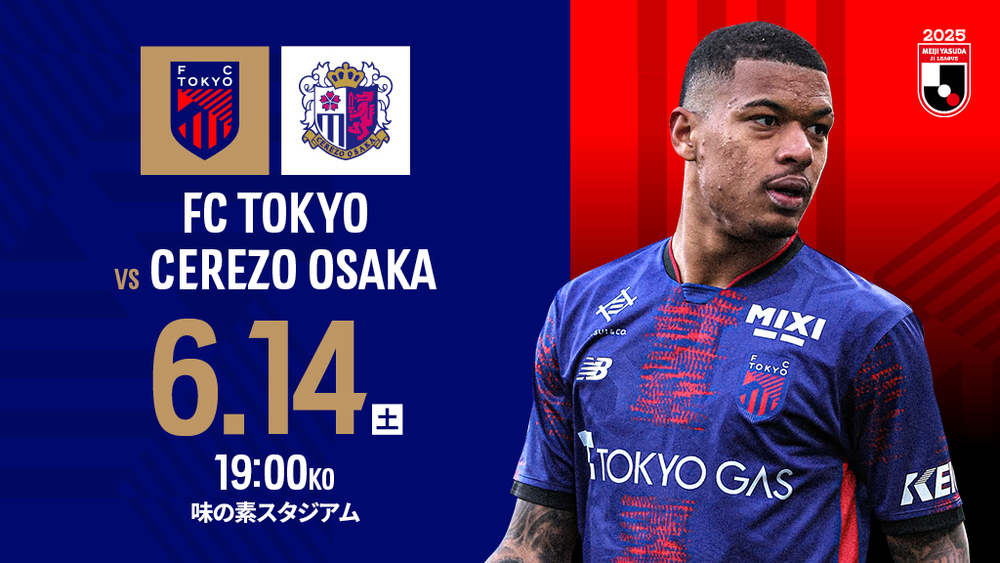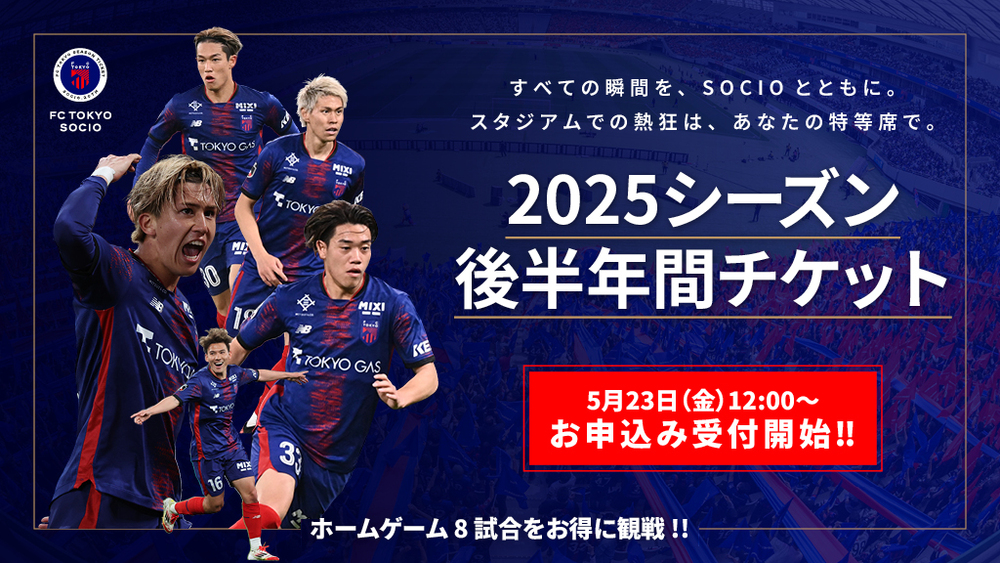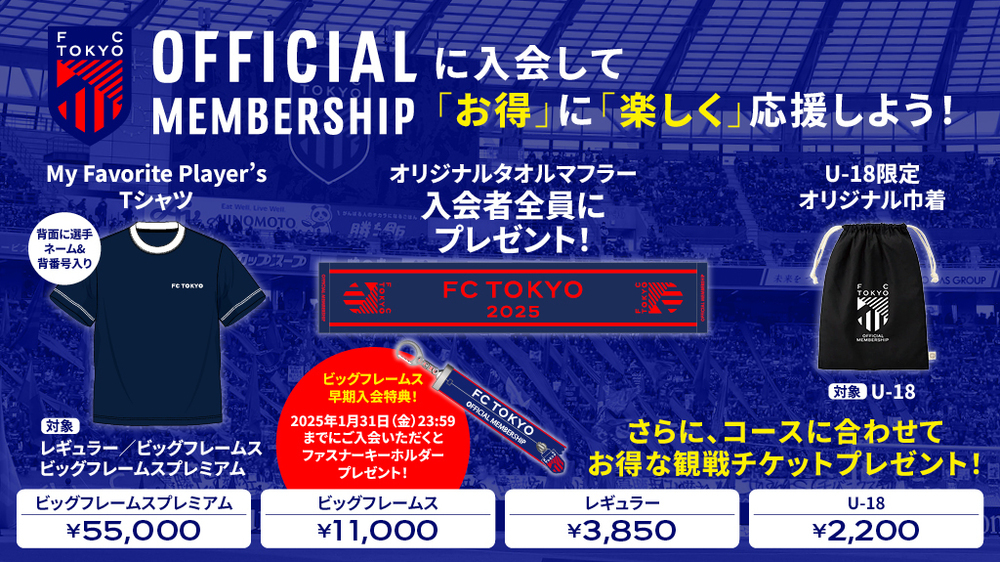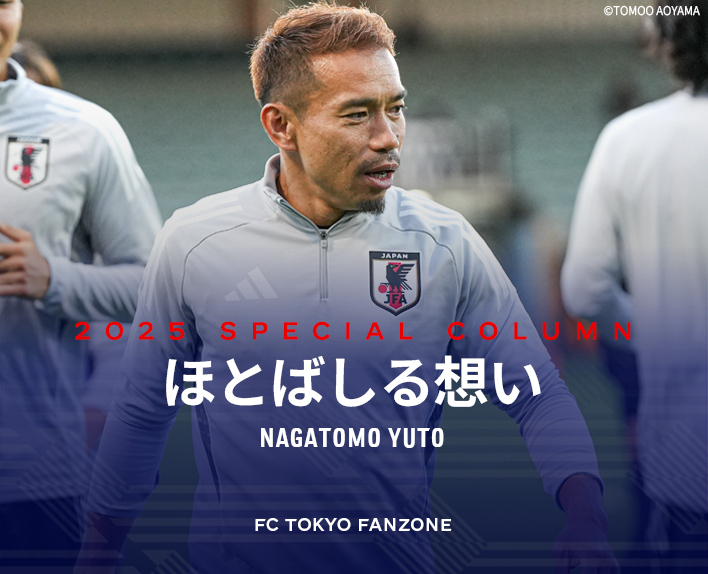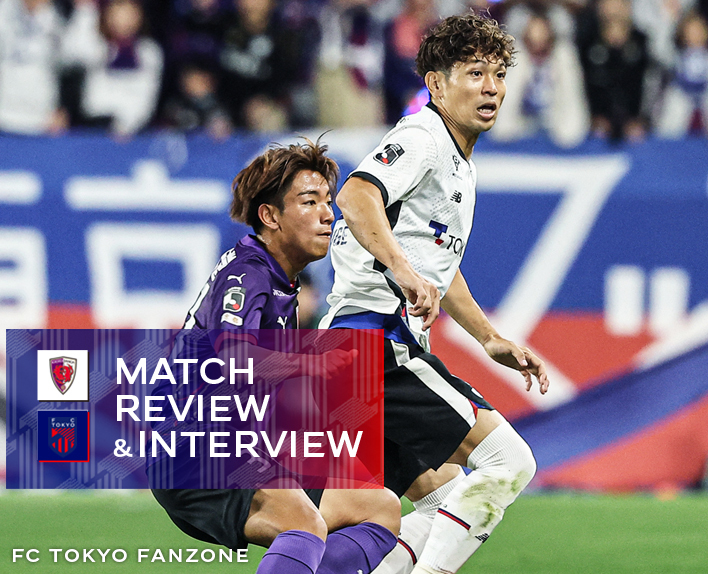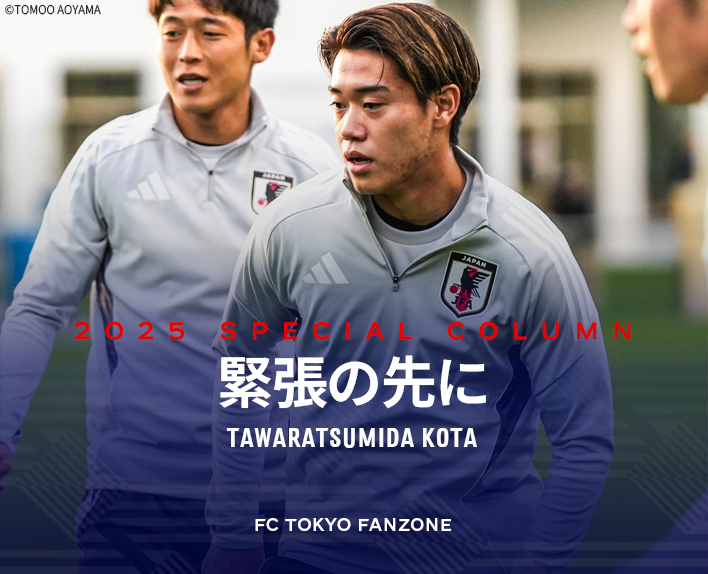From Blue-Red to SAMURAIBLUE. For the FIFA World Cup 26 CONCACAF tournament's final Asian qualifiers, Tokyo's Yuto NAGATOMO and Kota TAWARATSUMIDA have been selected, spending an inspiring time aiming for the world’s top. The 38-year-old NAGATOMO, targeting his fifth consecutive World Cup appearance, and the 21-year-old TAWARATSUMIDA, wearing the national team jersey for the first time including youth teams, have contrasting careers. Tomoo Aoyama reports on the challenges of these two players heading toward their dream stage. This time, we deliver the early part of the national team activities held in Perth, Australia, focusing on NAGATOMO’s demeanor and words.
Yuto NAGATOMO and Kota TAWARATSUMIDA earnestly switched their mindset after the frustrating defeat in away Kyoto. The next morning, after a long journey of about 14 hours including transfers on a flight departing from Kansai International Airport, they moved to Perth, Australia.
Hajime MORIYASU Japan, which has already qualified for the World Cup at the fastest pace in the world, has started the player selection survival process early for the main tournament in June next year. In this activity, seven players were called up for the first time, and including returning members, a fresh lineup was assembled. While retaining key players, this series tests new talents. Selected from Tokyo were Nagatomo, who has overwhelming experience and intense passion for the national team, and Tawara Tsukida, who has demonstrated strong individual skills in the J.League.
For the Japan national team, Nagatomo is truly a "missionary" figure. Even in this national team activity, he always runs at the front during the initial running exercises and lifts the team's spirits with loud encouragement during warm-ups. When practical training begins, he demonstrates his strength in ball challenges and expresses his commitment to each play in words, demanding the same from himself and those around him. His approach, observing teammates' expressions and the atmosphere, is a skill honed through experience.
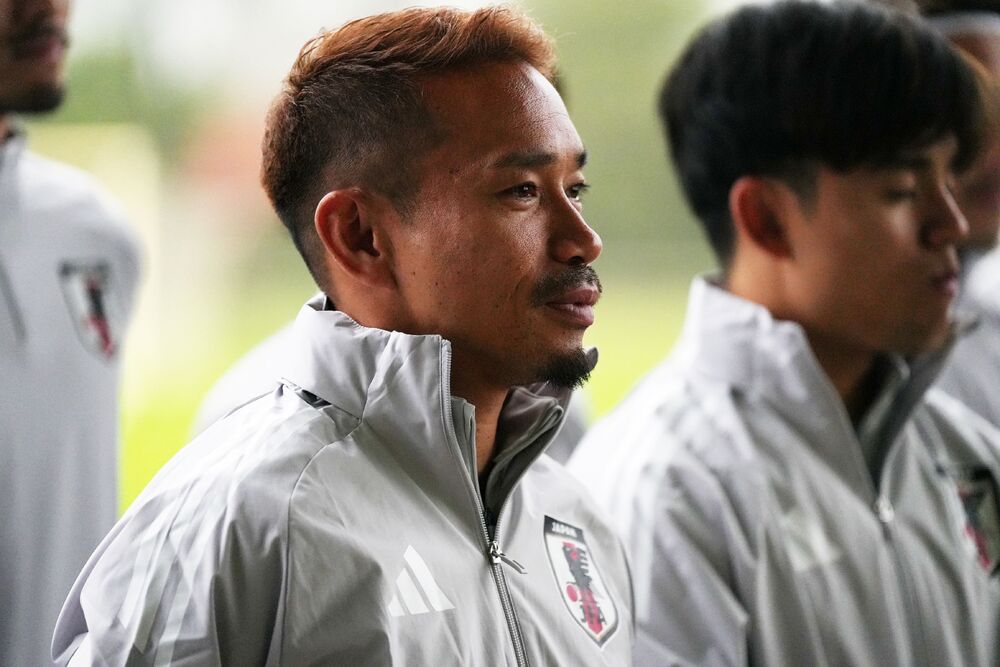
On the first day of practice with new members added, Nagatomo comments on the team's atmosphere.
"Everyone still seems nervous. I also remember when I first joined the national team in 2008, entering together with Shinji KAGAWA, and I was really nervous. That memory remains strong, so I want to encourage and support the players who are feeling nervous."
In the current Moriyasu Japan, Yuto NAGATOMO's passion, experience, and words are widely shared. Players in their 20s, including Ritsu Doan, Hiromu KAMADA, and Ko Itakura, all say, "By seeing and hearing Yuto-san's words and demeanor, we have come to strongly feel the weight, responsibility, and determination of representing the Japan national team and carrying the Hinomaru." With a major change in the lineup this time, not only is he showing intense play as a player, but he is also relied upon to "communicate" through words. Yuto continues.
"The atmosphere of the national team and the weight of carrying the Hinomaru flag are significant. Including tactical aspects, we really have to coordinate in a very short time. This is important not only on the pitch but also off the pitch, especially during meals where communication plays a crucial role. (During meals) the tables are divided into about three groups, so I want to move around smoothly, communicate with everyone, and convey the responsibility and pride of being part of the national team."
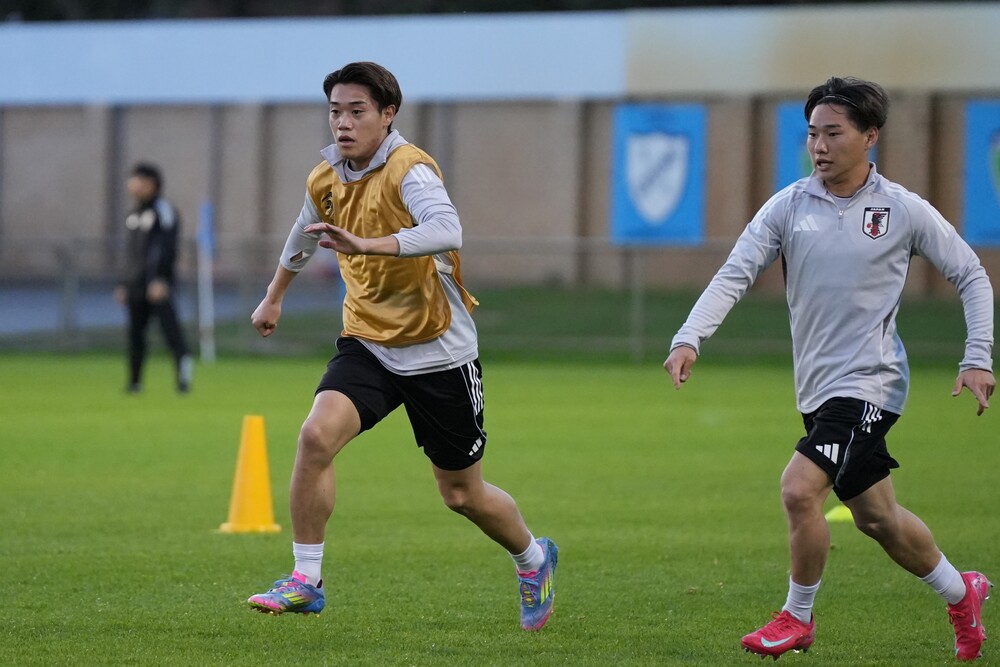
What is particularly concerning is the stiff expression seen on Tawara Tsukida during the very first practice. After the first day's practice, we directly asked Nagatomo about it.
"Tawara? He's super nervous. I haven't heard his voice even once today (laughs). So when we get back to the hotel, I want to tease him a bit and help bring out his best. We traveled to Perth together, so we talked a little, but he's really nervous, so we need to make sure he settles in well."
Since his return to the national team last March, Nagatomo himself has continued to be unable to participate in matches. Of course, he has his own pride as a player. If he cannot express himself on the pitch, what he wants to convey will not be communicated. "In terms of passionate play and fighting for the ball—things only I can do—I don't want to lose to other players, and I want to demonstrate that," says Nagatomo. "I may be inferior to them in skill and technique, so naturally, the area where I can surpass them is in the fighting spirit. In that, I absolutely want to be better than anyone else." This stance has not changed even as he has aged.
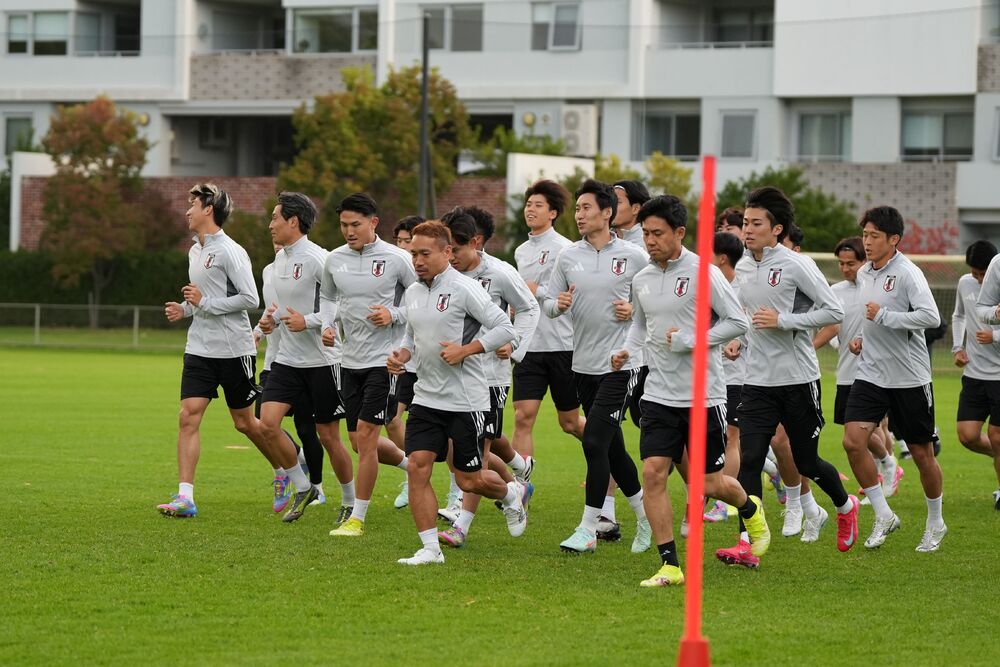
Moriyasu Japan has seen an increase in young players, including the Paris Olympics generation, resulting in a wide age range. Even so, they likely feel the significance of being called up to the Japan national team and have strengthened their pride and determination in being selected. When asked with this in mind, the answer received was different from what was expected.
"I'm scared every day now. I live each day battling the anxiety and fear of when I might be eliminated. I suppose I have to enjoy it, but it's quite tough. However, I want to hang in there and do my best to firmly hold onto this place, even if I have to crawl. I have no choice but to confront the fear and anxiety head-on and break through directly. I believe there is no growth if I run away from it. This is something I've constantly fought against since becoming a professional, so I will push through, overcome it, and work hard believing that there is light beyond growth."
And in this series, five players related to the red and blue have been selected. In addition to Nagatomo and Tawara Tsukida, there is Takefusa KUBO who has departed for Spain, Tsuyoshi WATANABE playing for KAA Gent in Belgium, and the 18-year-old Ryunosuke SATO, who has been on a developmental loan to Fagiano Okayama since this season. Nagatomo and Sato have a 20-year age difference.
Watanabe, who shows overwhelming presence at KAA Gent, said, "This time, starting with Yuto, there are many players connected to Tokyo, and right after joining, the conversation went like, 'How's FC Tokyo?' It's really nice to have players you can talk to closely, players who have a background similar to mine." Meanwhile, Sato, who rapidly developed at Okayama and made his first appearance in the Japan national team, laughed and said, "I haven't played directly with Takefusa or Tsuyoshi, but since we're both from Tokyo, it feels a bit reassuring, and I also feel their kindness, so I'm very happy and grateful for such a familiar environment. With Yuto, we always joked about the '20-year age difference' even in Tokyo, so that feels nostalgic (laughs)."
Finally, I asked Nagatomo about the large number of players originating from FC Tokyo. Perhaps because I, who usually interact with Tokyo, asked the question, his answer unusually strayed from the question, and his passion for the blue and red team overflowed on the national stage.
"That is a happy thing. However, when I hear FC Tokyo, I still feel the current difficult situation, and I am also feeling very distressed. But by fighting here carrying the Hinomaru, I want to gain great energy and work hard to properly inject energy back into the team."
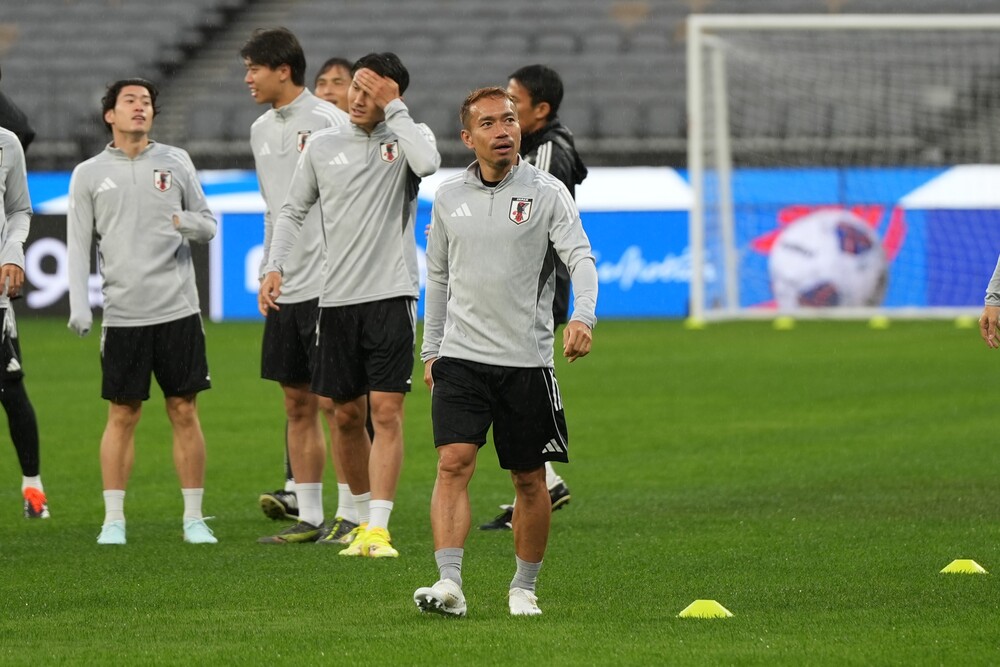
From Blue-Red to SAMURAI BLUE. And from SAMURAI BLUE back to Blue-Red. Yuto NAGATOMO's passion remains unchanged.
After the first day’s practice and media session, he encouraged the local Japanese school children who came to support Hajime MORIYASU Japan by saying, "I will sign for everyone," signing for each and every one until the last child, then returned to the hotel not by the team bus but in a staff wagon.
That’s how Nagatomo always was, cherishing the fans as usual.
(Honorifics omitted in the text)
Text and Photos by Tomoo Aoyama
